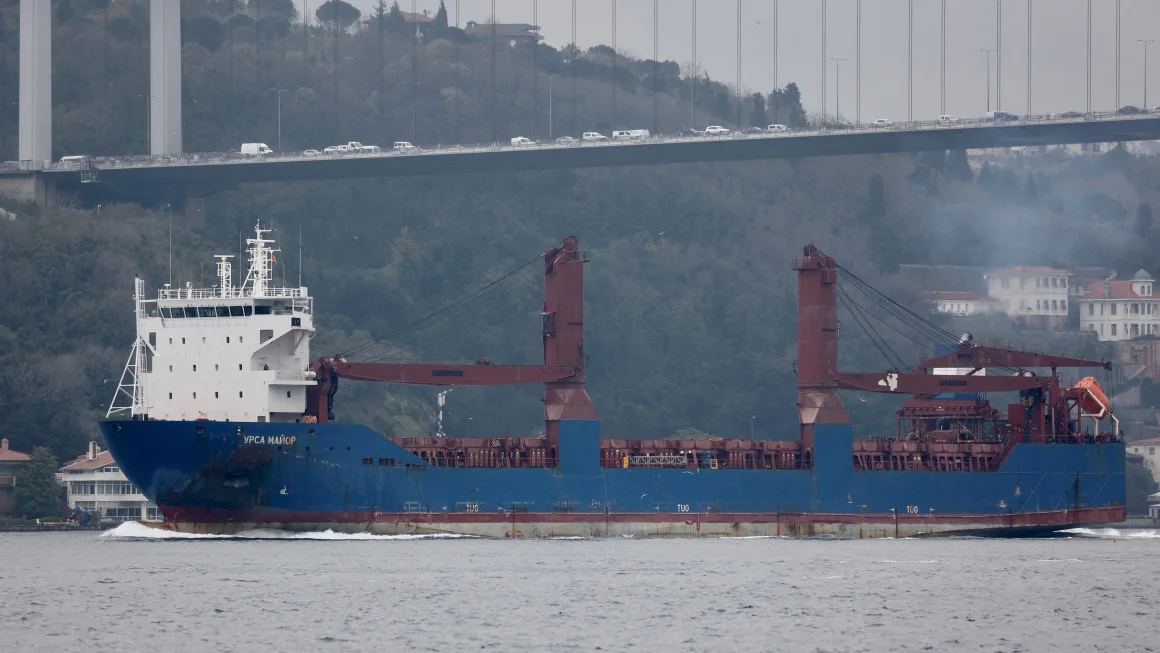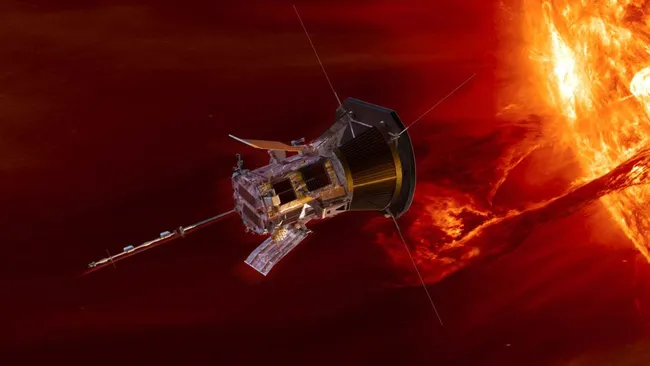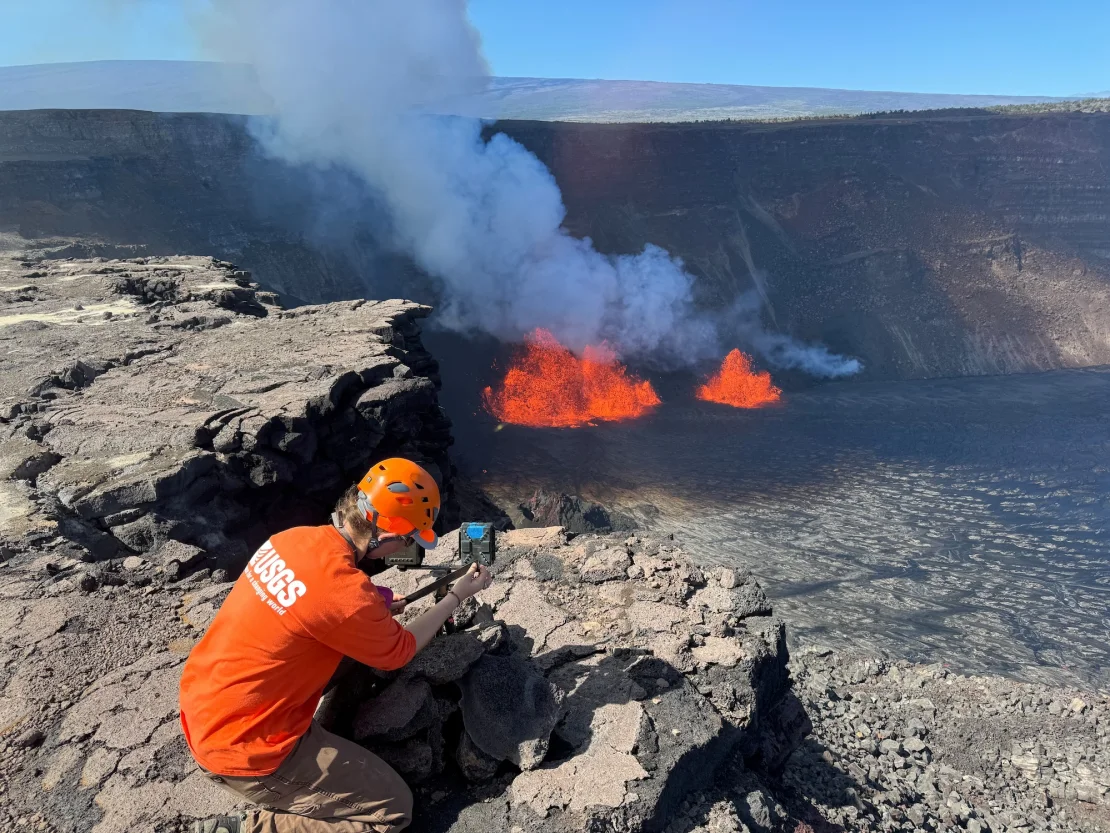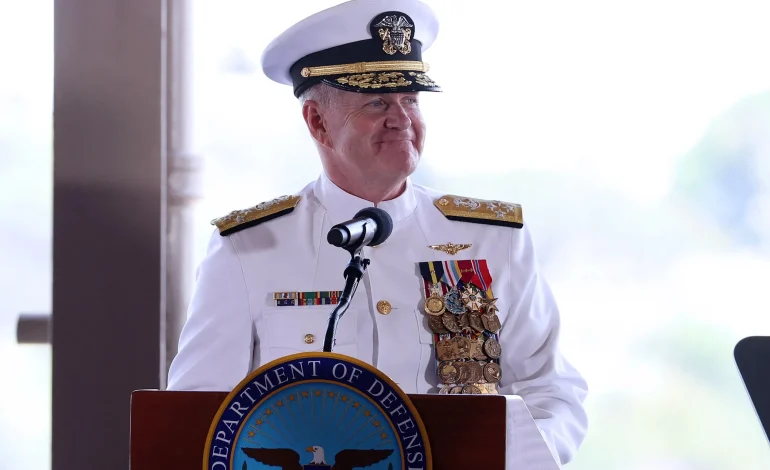The United States will likely maintain its current level of military engagement with Vietnam, regardless of future changes in US administrations, according to Admiral Samuel Paparo, head of US Indo-Pacific Command, Bloomberg reports.
Speaking at a defense expo in Hanoi, Admiral Paparo emphasized the continuity of policy regarding a “free and independent and open Indo-Pacific,” across both the Trump and Biden administrations. This continuity, he said, extends to military operations and activities.
The US showcased its commitment to this partnership by displaying A-10 Thunderbolt II attack aircraft and a C-130J Super Hercules military transport plane at the four-day expo, attracting representatives from 49 countries. US Ambassador to Vietnam Marc Knapper highlighted the US’s interest in collaborating with Vietnamese counterparts on joint production and technology transfer.
Vietnam, for its part, expressed its commitment to fostering cooperative relationships to promote regional peace and stability. Prime Minister Pham Minh Chinh emphasized Vietnam’s independent foreign policy and its aim to diversify international partnerships. He underscored the nation’s goal of modernizing its military to enhance self-defense capabilities, particularly given its ongoing territorial disputes in the South China Sea with China.
The US and Vietnam have been steadily deepening their defense cooperation since upgrading their bilateral ties to a comprehensive strategic partnership last year during President Biden’s visit. This enhanced relationship includes cooperation in defense industry, trade, maritime law enforcement, maritime security, and combating cybercrime.
Recent examples of this cooperation include a $12.5 million US foreign assistance package for maritime law enforcement and combating illegal fishing, and the delivery of five training aircraft (the first of twelve) to bolster Vietnam’s pilot training program. Ambassador Knapper reiterated the US goal of ensuring Vietnam’s ability to defend its interests across all domains.
The ongoing military cooperation between the two nations is viewed as significant in the context of regional power dynamics, particularly given the ongoing tensions in the South China Sea.









